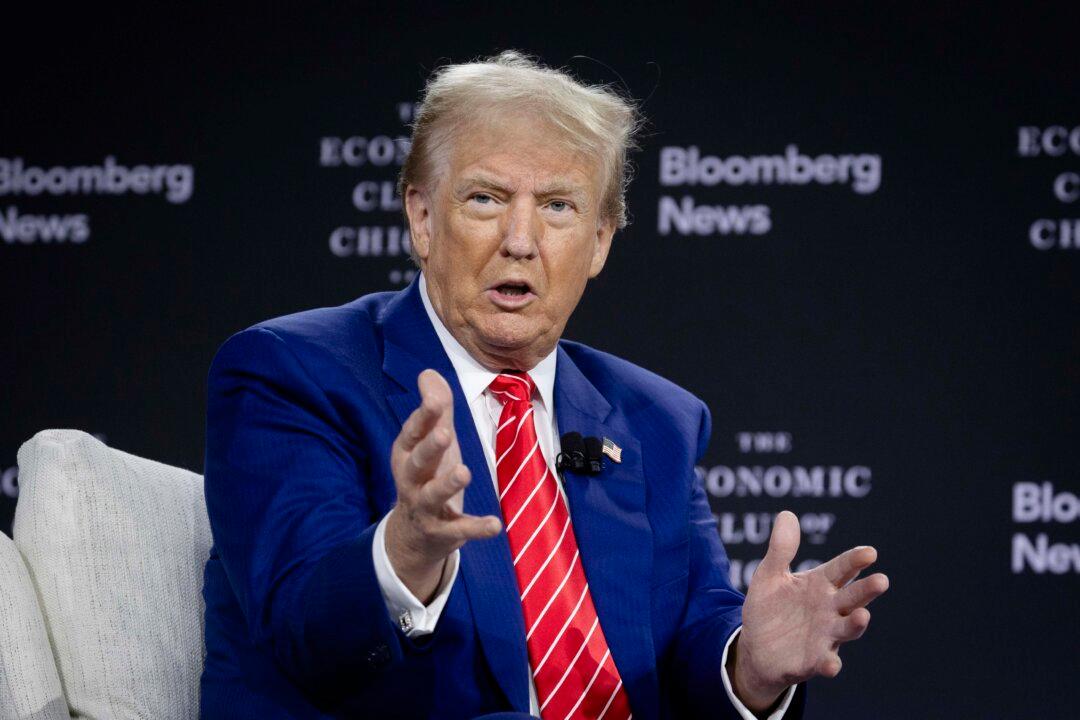Special counsel Jack Smith argued in a filing on Oct. 16 that former President Donald Trump should still face trial under an obstruction law even after the Supreme Court narrowed its meaning in a case decided this summer.
Earlier this month, Trump’s attorneys told Judge Tanya Chutkan of the U.S. District Court for the District of Columbia that the Supreme Court’s decision in Fischer v. United States had narrowed the meaning within the Sarbanes-Oxley Act, a financial reform law passed after the Enron scandal, in such a way that Chutkan should not allow each of the four counts in Smith’s superseding indictment.





